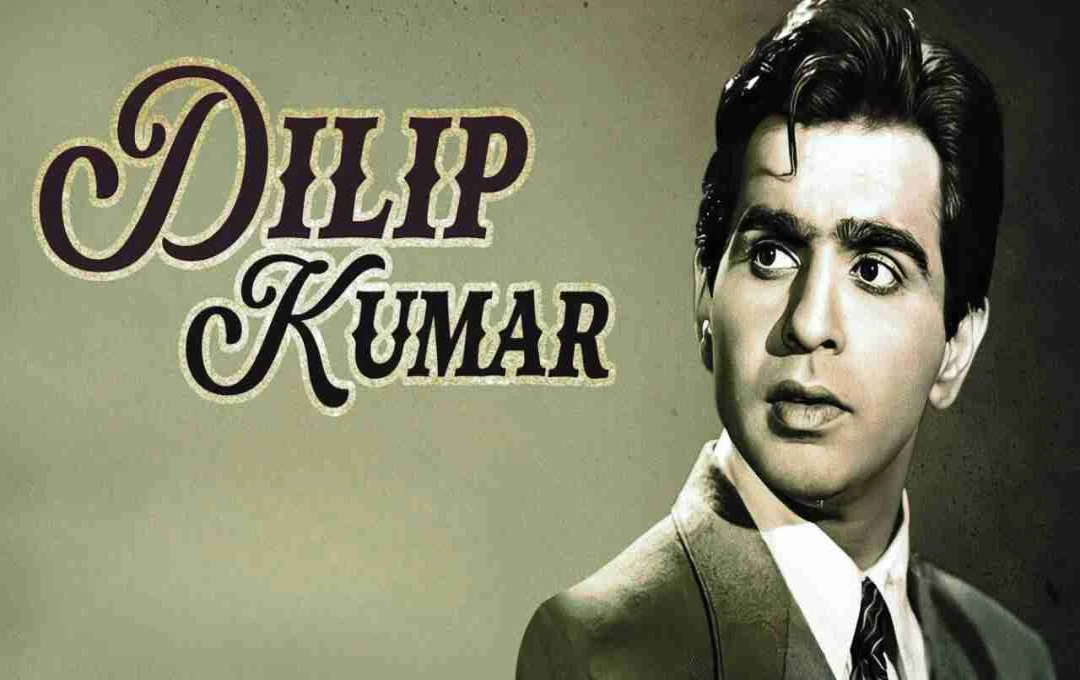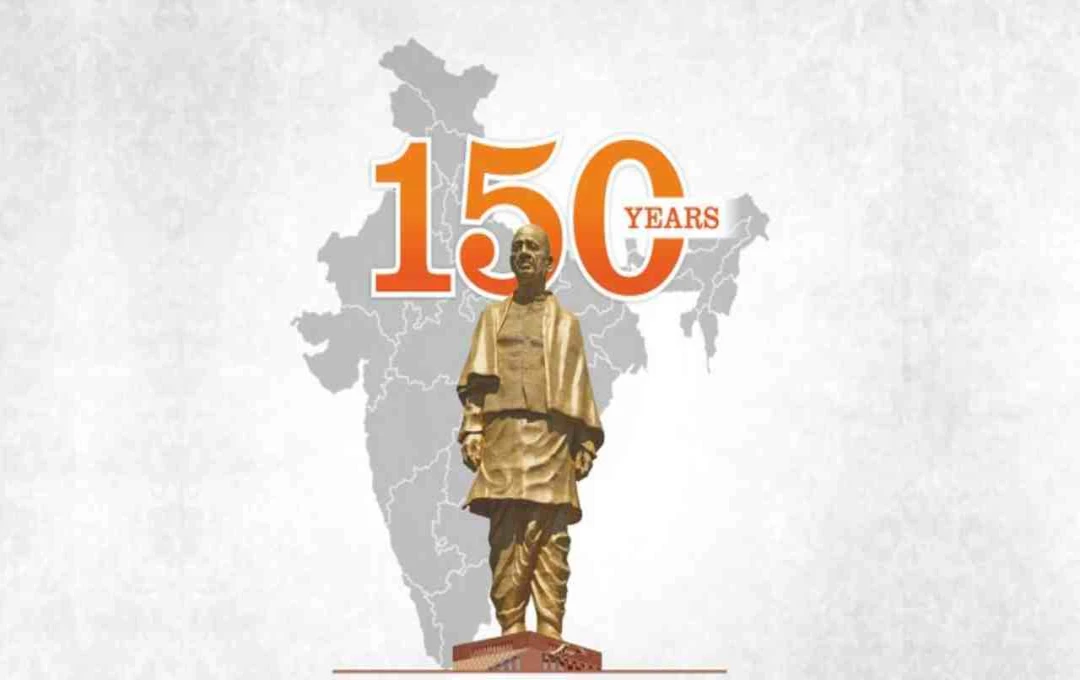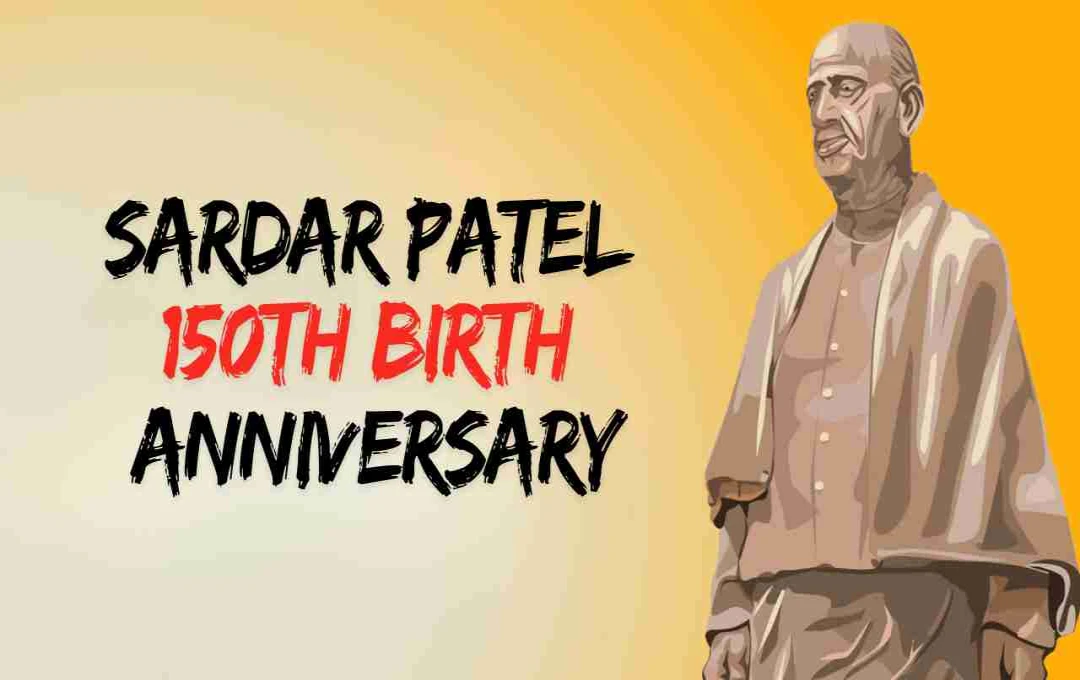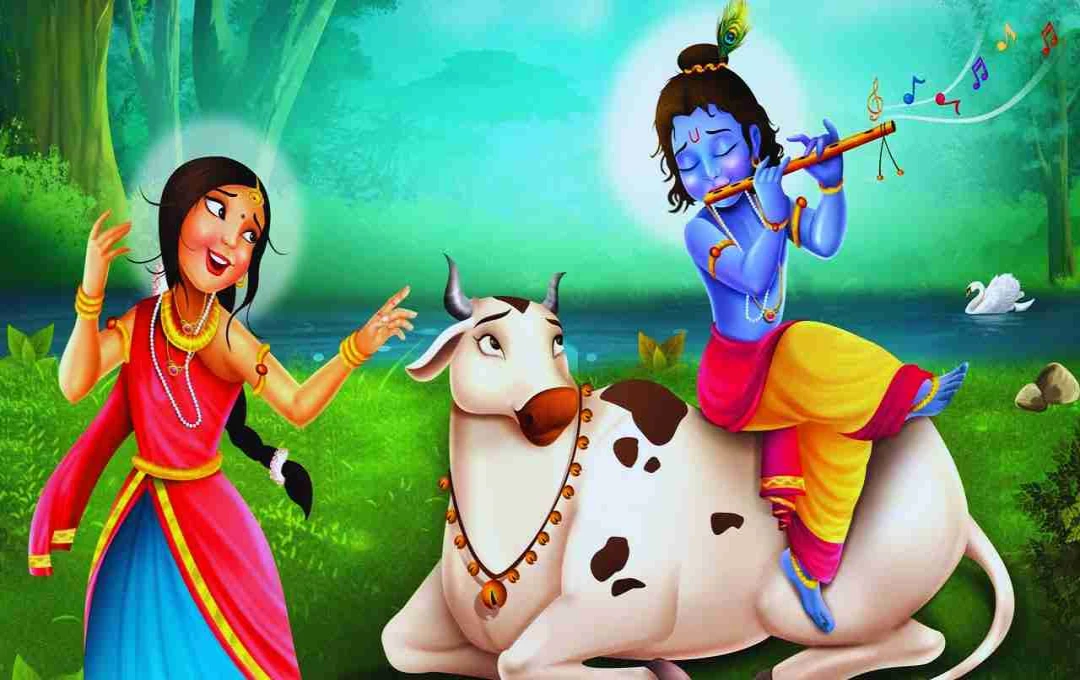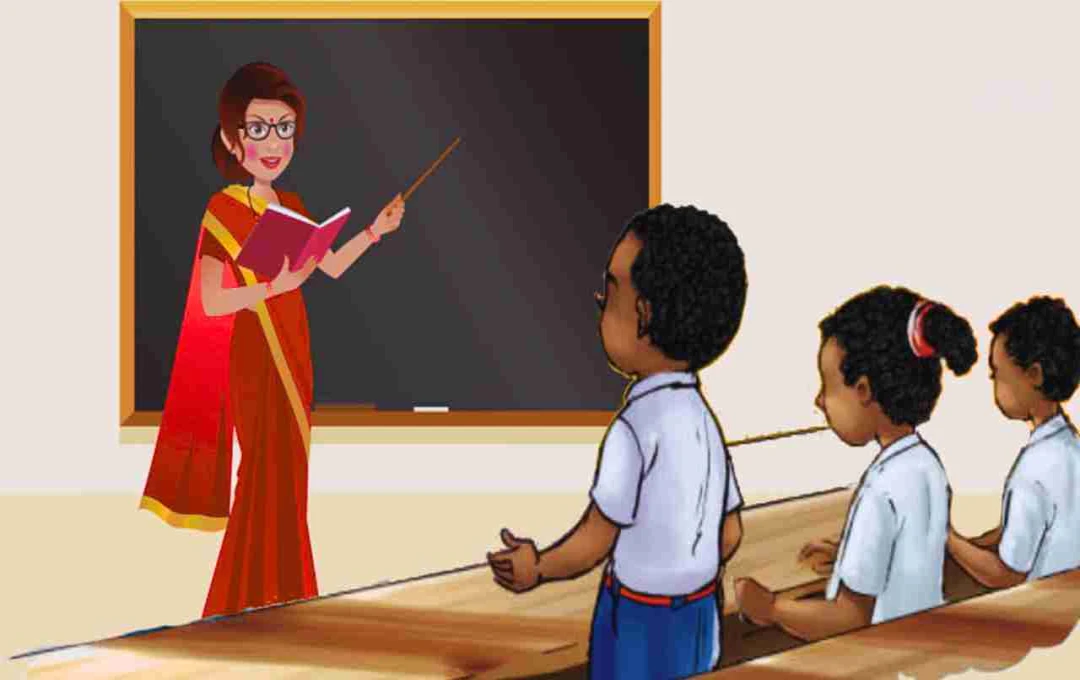Many great actors have graced the world of Hindi cinema, but some names remain etched in memory for generations. Dilip Kumar, whose real name was Muhammad Yusuf Khan, is one such name. His effortless acting, emotional depth, and ability to convey the soul of his dialogues earned him the title of "Tragedy King" and "Acting Emperor" of Indian cinema.
Early Life and Entry into Films
Dilip Kumar was born on December 11, 1922, in Peshawar (now in Pakistan). He spent his childhood in a traditional Pashtun family. After the partition of India, his family moved to Mumbai. While acting wasn't a family tradition, his meeting with renowned actress Devika Rani proved pivotal. She recognized his talent and gave him his first break.
On Devika Rani's advice, he changed his name from Yusuf Khan to "Dilip Kumar"—a necessary step, as cinema wasn't highly respected at the time, and familial disapproval was a concern.
Dilip Kumar's Cinematic Journey
His debut film, Jwar Bhata (1944), wasn't a major success, but he persevered. Jugnu (1947) and Andaaz (1949) propelled him to superstardom. The triangular love story in Andaaz, alongside Raj Kapoor and Nargis, remains iconic.
Throughout the 1950s, films like Daag, Devdas, Didar, Madhumati, Naya Daur, and Yahudi showcased his ability to portray characters filled with sorrow and suffering, solidifying his reputation as the "Tragedy King." His eyes reflected pain, and his words resonated with profound emotion.
Experimentation and Expansion in Acting
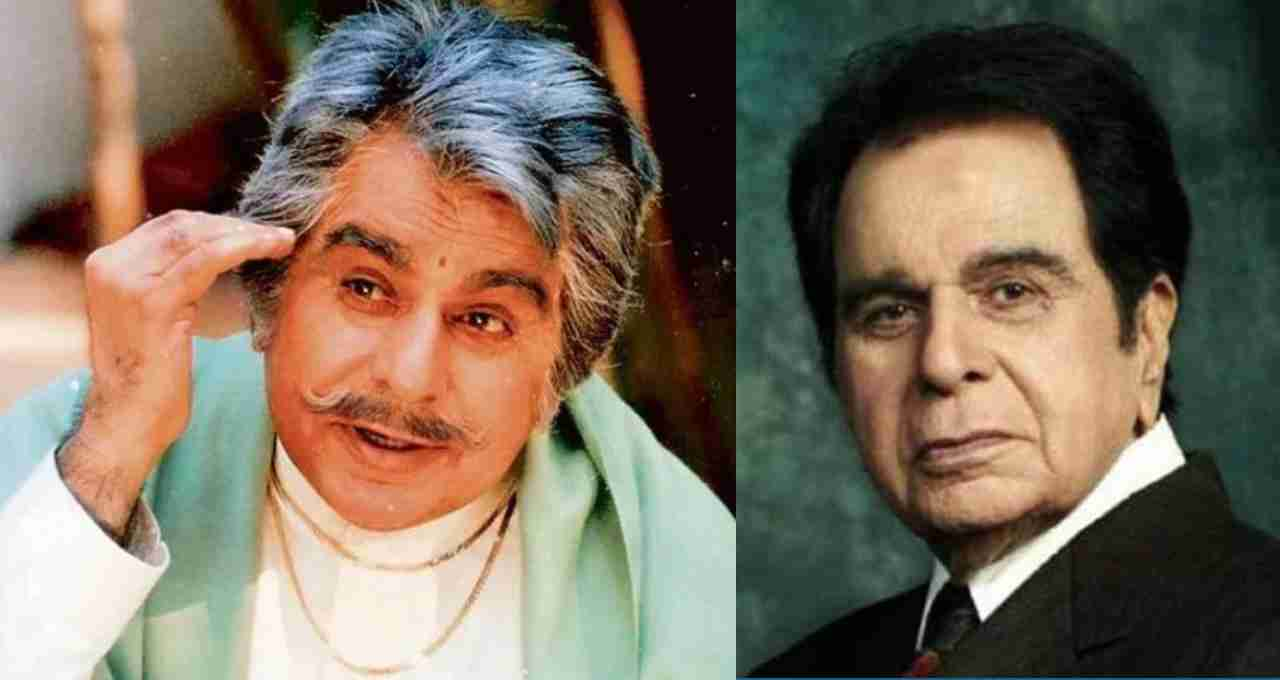
Mughal-e-Azam (1960) immortalized Dilip Kumar. His portrayal of Prince Salim, exhibiting love, rebellion, and sacrifice, captivated audiences.
In 1961, he wrote, produced, and starred in Ganga Jamuna. His adoption of the Bhojpuri language in this film was a bold and revolutionary move for its time.
During the 1970s and 1980s, while many actors were stepping away from leading roles, Dilip Kumar continued to deliver powerful performances in films like Vidhaata, Shakti, Karma, and Mashal, proving that age is just a number. His performance as Amitabh Bachchan's father in Shakti was particularly striking, earning him his eighth Filmfare Award.
Dilip Kumar Beyond Cinema
Dilip Kumar was not only a unique artist but also significantly contributed to social service and nation-building. He served as a Member of Parliament in the Rajya Sabha from 2000 to 2006, utilizing his funds for the development of public spaces in Mumbai's suburbs.
He also played a positive role in improving India-Pakistan relations. For his contributions, Pakistan awarded him the Nishan-e-Imtiaz, their highest civilian honor—a distinction he holds as the only Indian recipient.
Personal Life and Inspiration
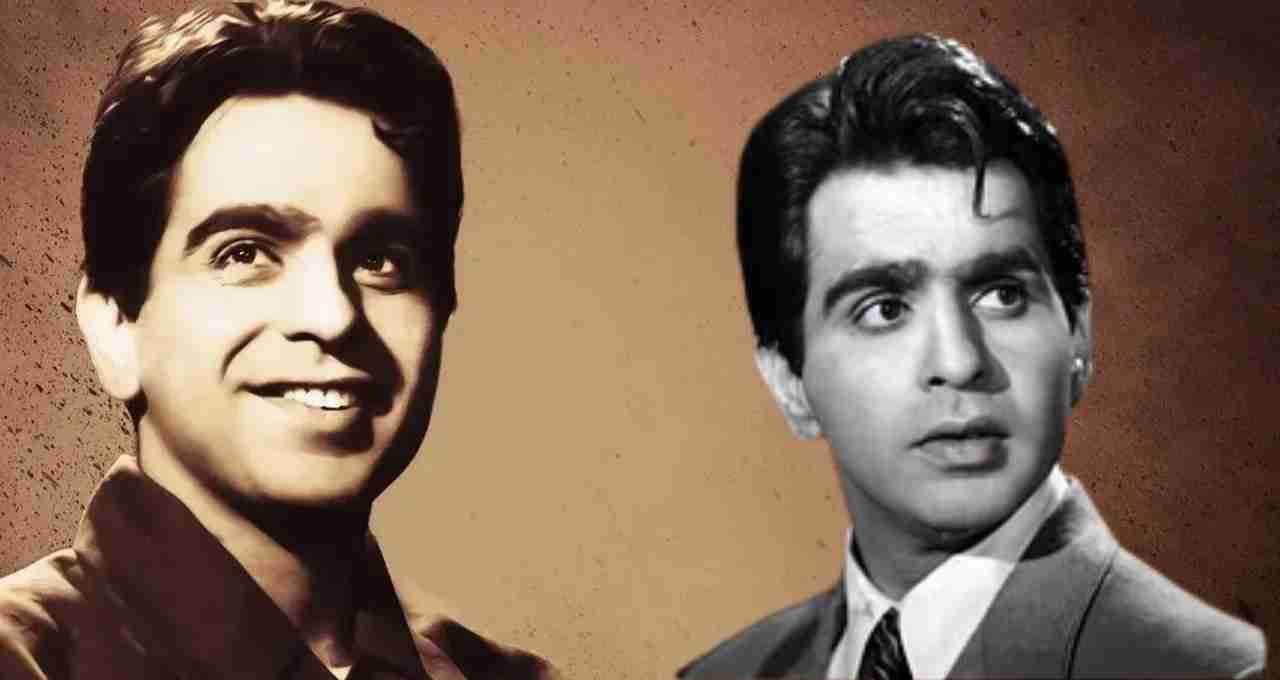
Dilip Kumar's personal life mirrored the simplicity of his acting. In 1966, he married actress Saira Banu, 22 years his junior. This union is considered one of Indian cinema's most iconic couples, a testament to their lifelong companionship.
Final Journey
Dilip Kumar passed away on July 7, 2021, at the age of 98, at Mumbai's Hinduja Hospital. His death marked the end of an era, a loss that may never be truly replaced. The Maharashtra government accorded him a state funeral.
Honors and Legacy
The Indian government recognized Dilip Kumar's contributions with the Padma Bhushan (1991), Padma Vibhushan (2015), and the Dadasaheb Phalke Award (1994).
He won a record eight Filmfare Awards for Best Actor.
His films, dialogue delivery, and life values continue to inspire countless actors. From Shah Rukh Khan to Aamir Khan, many have cited him as an idol.
Dilip Kumar was more than a great actor; he was the soul of Indian cinema. His acting not only brought stories to life but also redefined emotions. His art, personality, and contributions made him a legend, whose inspiration will remain indelible for generations to come.
